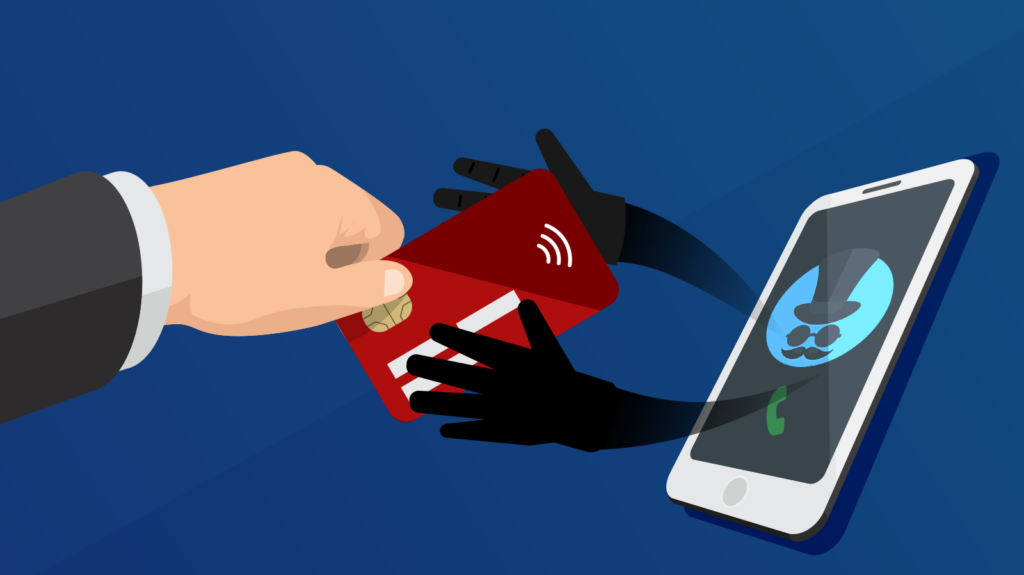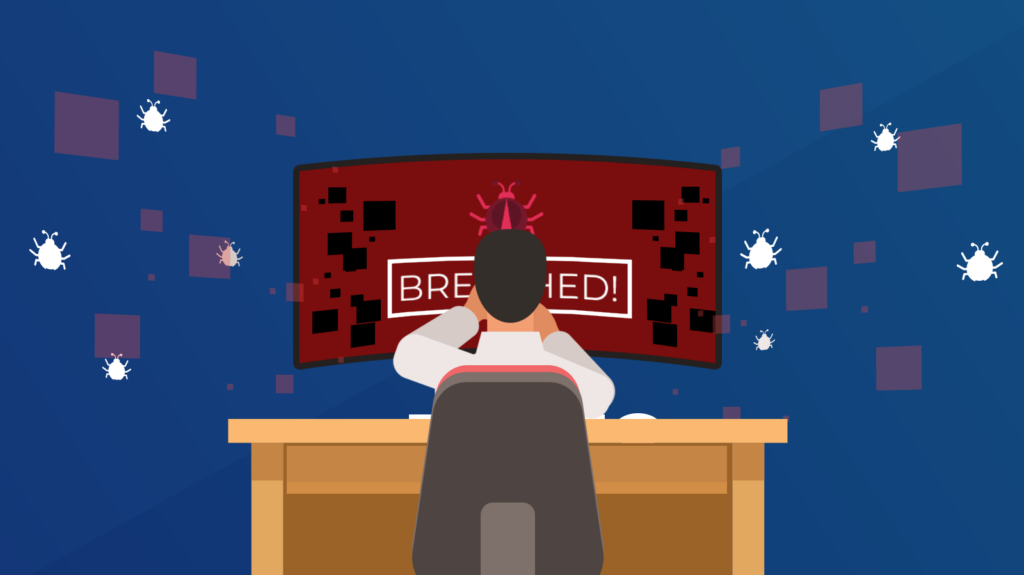As technology evolves, so do the methods used by cybercriminals to target individuals and businesses. Voicemail phishing, also known as vishing, is the latest threat on the rise. Vishing attacks rely on social engineering, leveraging our natural tendency to trust and help others, in order to obtain sensitive information. In this blog post, we will explore the nature of vishing attacks, how they work, and what you can do to protect your business from falling victim to them.
What is Vishing?
Vishing is a type of phishing attack that uses voicemail instead of email to target individuals and businesses. Like phishing, vishing relies on social engineering to trick people into revealing sensitive information or taking actions that benefit the attacker.
How Does Vishing Work?
Cybercriminals invest time and effort into making vishing attacks as convincing as possible. They will often call from a number that appears to be local, increasing the likelihood that you will answer. They also research their target, learning about their personal and professional lives, in order to tailor their approach and appeal to human nature.
A typical vishing attempt will use urgency to motivate you to act, false credibility to convince you that the call is legitimate (such as pretending to be from the government, tax department, IT support, or HR), persuasive language to make you want to help, and a threatening tone to override your suspicions. In some cases, vishing attacks may even reference current events or tap into your fears in order to motivate you to act.
Protecting Your Business from Vishing Attacks
The best defense against vishing attacks is education and awareness. Make sure that all employees understand the threat and know what to look for. The following tips can help:
- Never provide or confirm personal information over the phone. Banks, hospitals, tax offices, and the police will never call you and ask for personal information.
- Be suspicious of calls from your manager or HR asking you to transfer funds, provide confidential data, or email documents from your personal account.
- Always ask for proof to verify the caller’s identity and the organization they claim to represent.
- If a caller provides a number to call to verify their identity, look it up and call from a different phone to confirm that it is a real number.
- Stay aware of the latest vishing trends. For example, some vishing attacks are now being disguised as links to voicemail messages on LinkedIn or WhatsApp-type services.
By following these guidelines, you can reduce the risk of falling victim to vishing attacks and protect your business from the harm they can cause. However, it’s also important to have a comprehensive cybersecurity solution in place to protect against a wide range of threats. If you need help securing your network and setting your business up for success, our experts at PCRepairs.com are here to help. Contact us today at (416) 848-6218 or 1 (888) 268-2564 to learn more.





